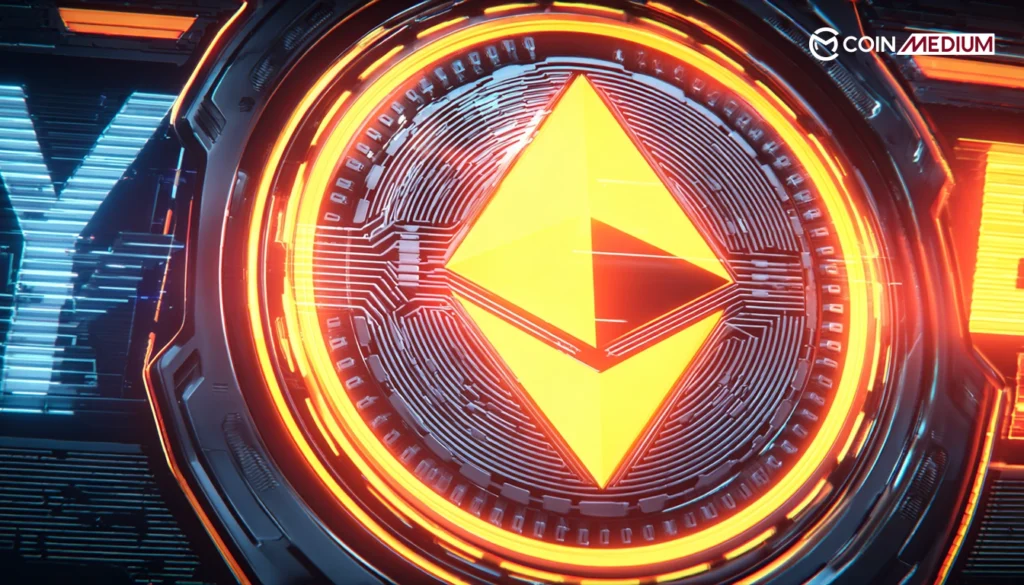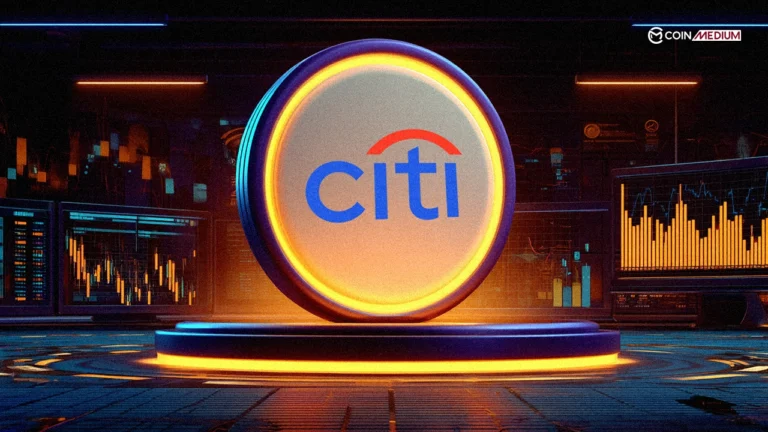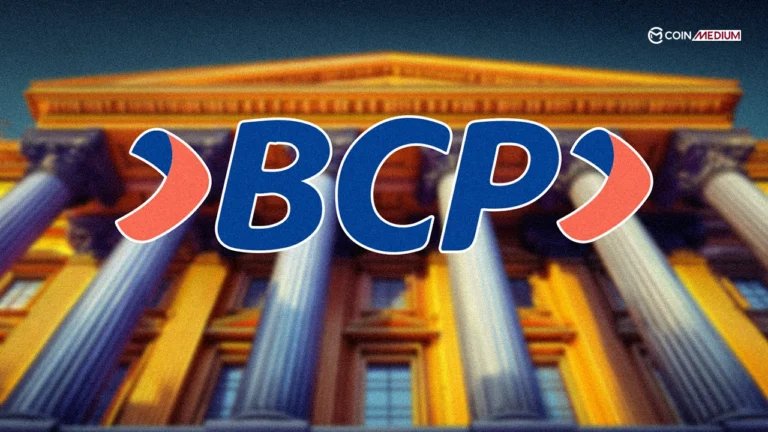The Ethereum Foundation has launched a four-week security contest to test its upcoming network upgrade, Fusaka. The aim is to spot any weaknesses before the hard fork goes live. Rewards of up to $2 million will be given for valid bug reports. The upgrade could be launched as early as the fourth quarter of 2025.
The contest is hosted on Sherlock, a Web3 security platform, and co-sponsored by Gnosis and Lido. It started on September 15 and will run until October 13.
To attract more participants, the Foundation is offering extra incentives:
- 2x rewards in the first week
- 1.5x rewards in the second week
This reward system is meant to bring in auditors early and quickly find possible security issues.
What Fusaka Will Bring to Ethereum
Fusaka includes several Ethereum Improvement Proposals (EIPs) designed to make the network safer, faster, and more efficient.
The main feature is Peer Data Availability Sampling (PeerDAS). This system spreads out the job of checking blob data across many nodes. With PeerDAS, Ethereum can handle more rollups, lower transaction costs, and process more transactions at the same time.
PeerDAS lets nodes confirm data availability without downloading the entire data set. This reduces the workload for validators and boosts overall network efficiency. It will also make Ethereum better for DeFi projects and other decentralized apps (dApps).
Fusaka will also bring in the EVM Object Format (EOF), which improves how the Ethereum Virtual Machine works. This will make smart contracts run more smoothly and with stronger security.
Why the Audit Contest Matters?
The audit contest is an important step to make sure Fusaka’s new features are safe and ready before they go live on the mainnet. By letting the community take part, the Ethereum Foundation hopes to find bugs early and avoid problems that could delay or damage the upgrade.
All bug reports from the contest will be gathered into an official post-mortem report. This report will help guide future Ethereum upgrades and improve the protocol over time.
Alongside this, Ethereum runs a Bug Bounty program that pays up to $250,000 for finding general protocol issues. But the Fusaka audit contest is focused only on problems linked to this upgrade, showing Ethereum’s proactive approach to security.








